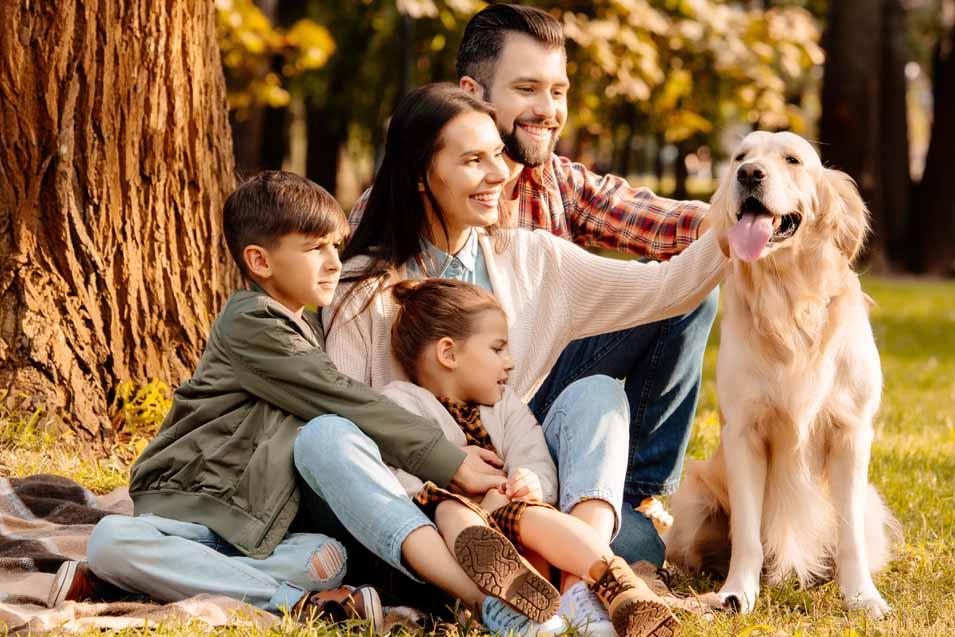Consoling the Victim

Some of the most compelling insights from this study emerged after the staged argument had ended. Once the conflict died down, the two individuals moved to opposite sides of the room, remaining still and unresponsive to their dog’s actions. At this point, 15 out of the 23 dogs gravitated toward the victim rather than the aggressor, staying close and spending more time in their company. The dogs’ behavior suggested a natural inclination to offer comfort and reassurance to the more vulnerable party while largely avoiding the aggressor.
A particularly intriguing follow-up analysis revealed that male dogs were more likely to exhibit consoling behaviors than female dogs—especially when the victim was a woman. Perhaps a case of “furry knights in shining armor”?
Advertisement
Explaining the Behavior

Advertisement
Why do dogs instinctively gravitate toward the victim rather than the aggressor? From a survival standpoint, it might seem more logical to align with the dominant individual—the one who has asserted control and could potentially pose a future threat. Yet, the study’s authors suggest that this preference for offering comfort stems from a deeply ingrained genetic trait. They propose that a dog’s ability to recognize distress and respond with consoling behaviors is a fundamental part of their bond with humans. This trait isn’t just relevant in household settings; it also plays a crucial role in the way dogs support people experiencing physical pain or psychological distress. In essence, the researchers argue that all dogs, by nature, possess an innate capacity for emotional caregiving—making them, in a way, therapy dogs at heart.